PARIS (AP) — Dozens of angry farmers demonstrated in France and Greece Thursday, halting traffic and blocking key roads with tractors to protest European Union plans to move forward with a free trade deal with five South…
Category: 2. World
-
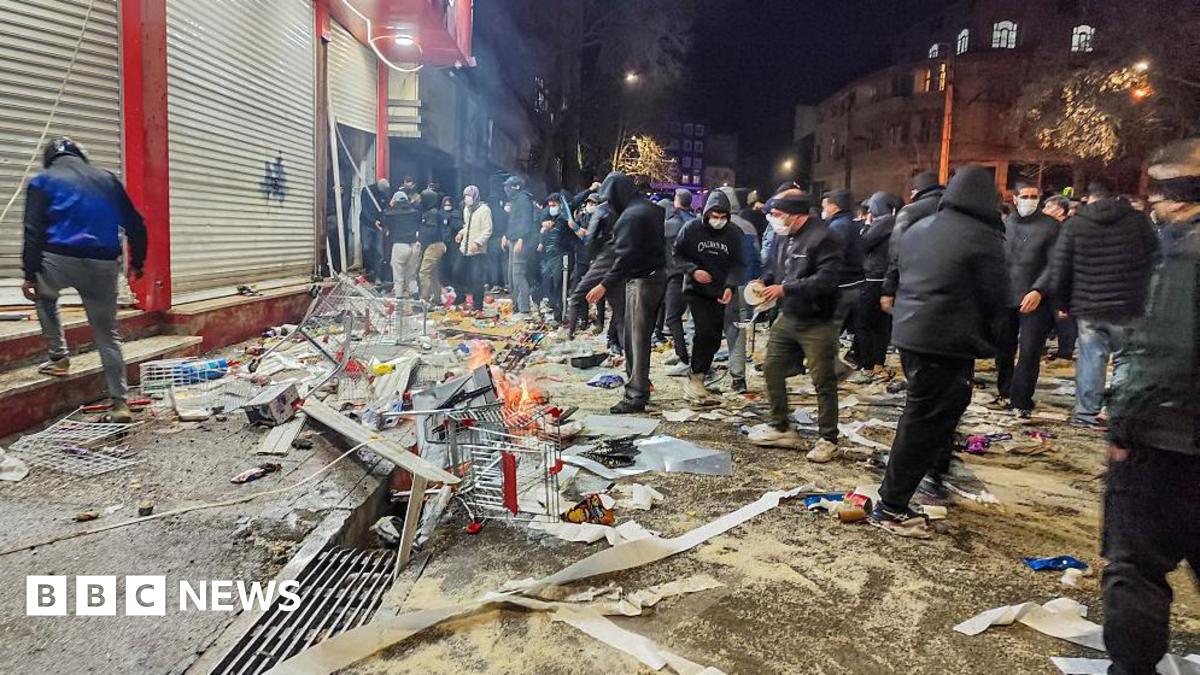
Internet blackout in Iran as large anti-government protests held across country
Trump repeats threat to ‘hit Iran hard’ if protesters killedpublished at 20:43 GMT
Image source, ReutersUS President Donald Trump says he has let the Iranian government know “if they start killing people” then “we are going to hit…
Continue Reading
-
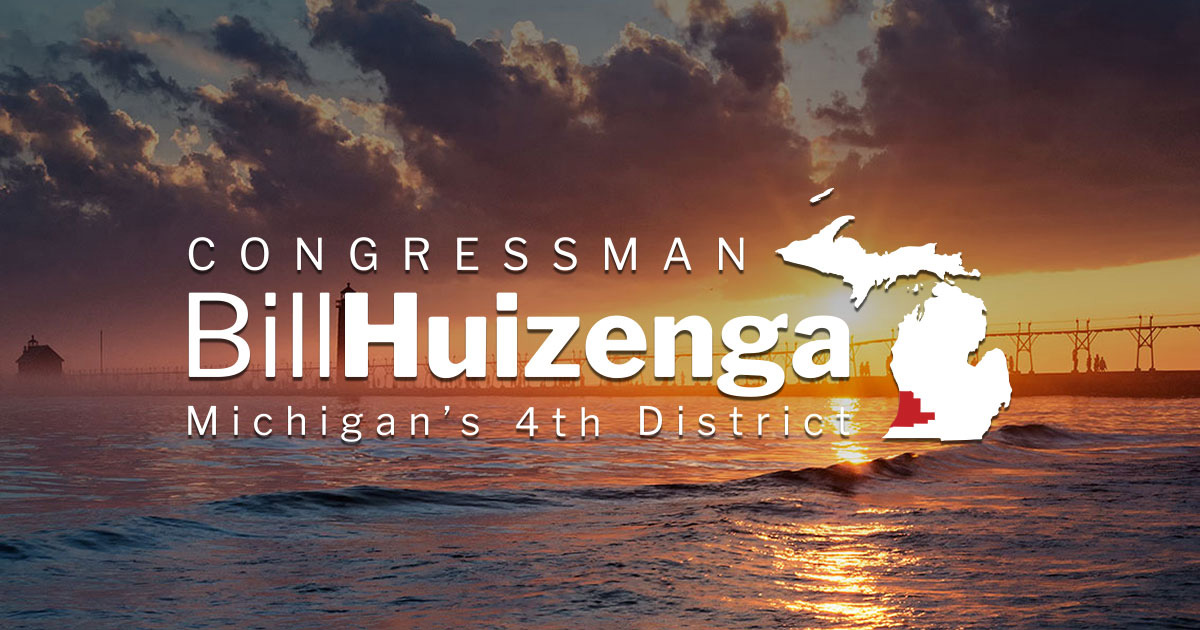
News Item | U.S. House of Representatives
<br /> News Item | U.S. House of Representatives <br />
Skip to Content…Continue Reading
-
Ukraine: New strikes disrupt basic services for millions – UN News
- Ukraine: New strikes disrupt basic services for millions UN News
- One million spent hours without heat and water after Russian strikes, Ukraine says BBC
- Kyiv’s transition to scheduled power supply expected by end of day — Svyrydenko Ukrinform
Continue Reading
-
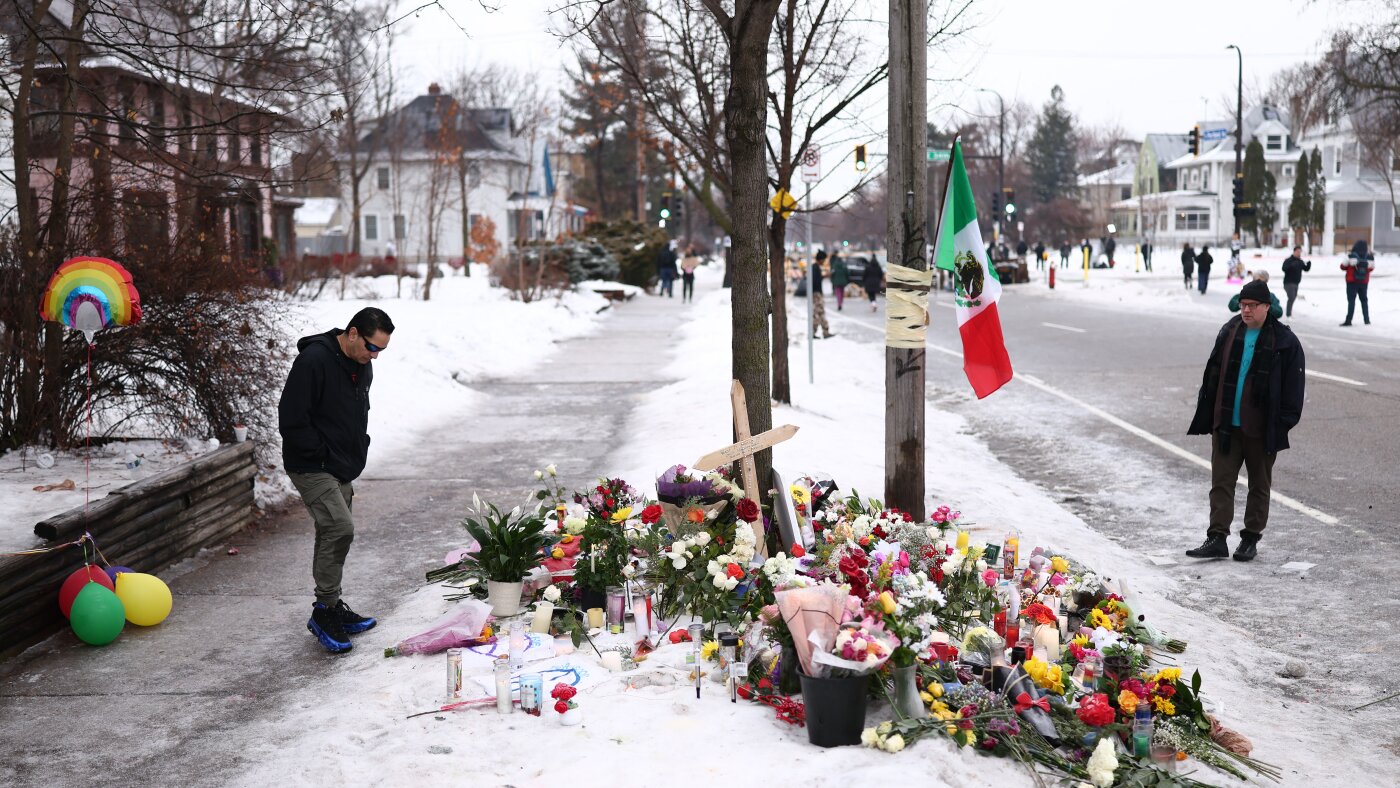
What we know as Noem gives update : NPR
People gather at a makeshift memorial for Renee Nicole Good, 37, who was shot and killed at on Wednesday by an ICE officer…
Continue Reading
-
Syrian Arab Republic: Flash Update No. 2 – Escalation of Violence in Aleppo (as of 08 January 2026) – ReliefWeb
- Syrian Arab Republic: Flash Update No. 2 – Escalation of Violence in Aleppo (as of 08 January 2026) ReliefWeb
- Syria live: Army says SDF fighters to be allowed out of Aleppo amid truce Al Jazeera
- Syria bombs Kurdish areas in Aleppo Dawn
- US…
Continue Reading
-
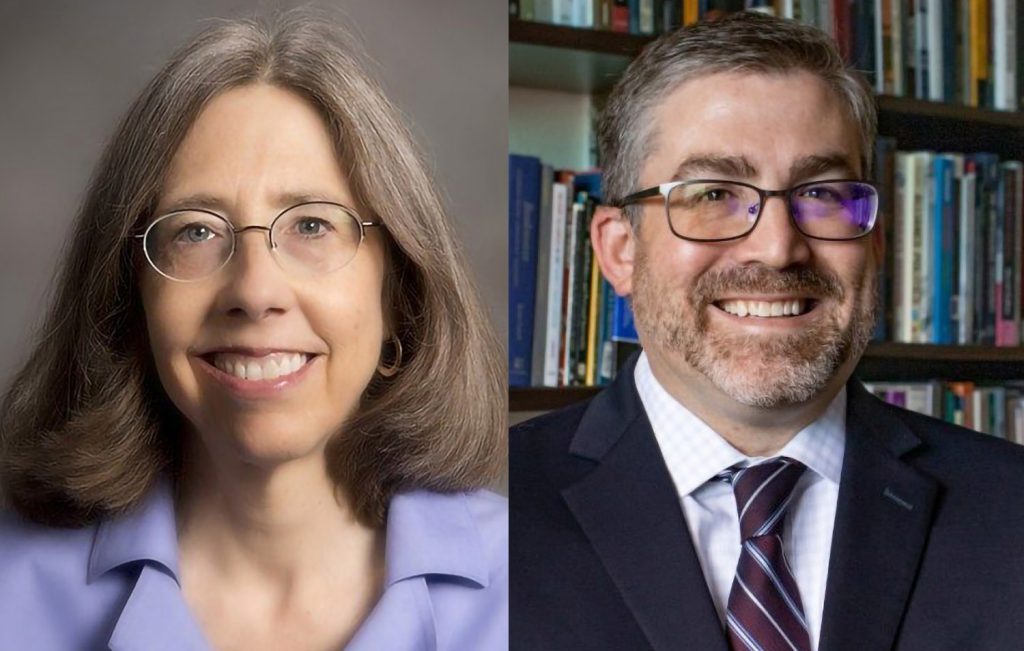
Experts examine issues raised by the U.S. extraction of the Venezuelan president | Virginia Tech News
The U.S. military’s capture of Venezuelan President Nicolás Maduro has raised complex questions about foreign policy, executive authority, and long-term regional stability, according to two Virginia Tech experts.
Virginia Tech political…
Continue Reading
-
Flash Update no.2: Escalation of Violence in Aleppo – ReliefWeb
- Flash Update no.2: Escalation of Violence in Aleppo ReliefWeb
- LIVE: Syria’s army shells SDF positions in Aleppo neighbourhoods Al Jazeera
- Shelling rocks Syria’s Aleppo as clashes intensify between government, Kurdish fighters Dawn
- Syria…
Continue Reading
-
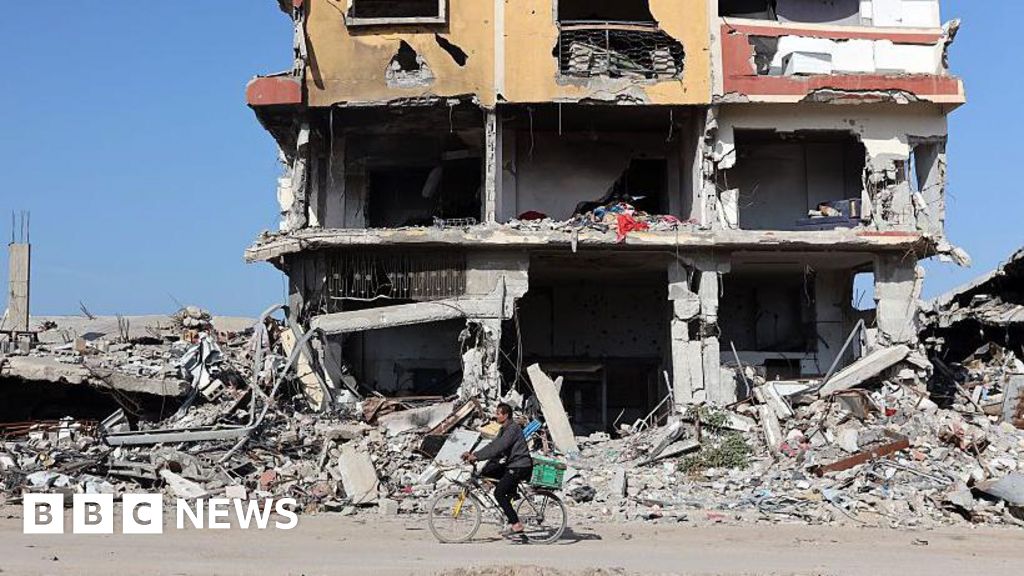
Eight people killed by Israeli air strikes, Gaza civil defence agency says
At least eight people, including four children, have been killed by Israeli air strikes in Gaza in the last 24 hours, the territory’s civil defence agency has said.
Four people, including three children, were killed when a drone struck a tent…
Continue Reading
-
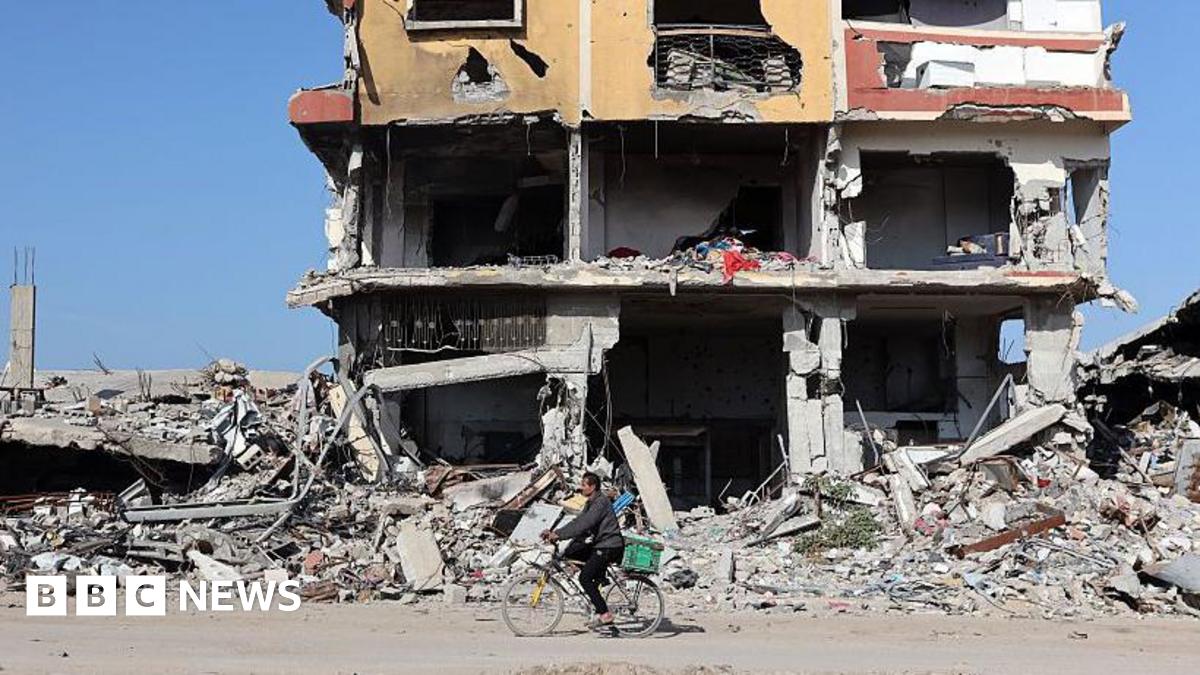
Eight people killed by Israeli air strikes, Gaza civil defence agency says
Israeli forces have killed at least 425 Palestinians in Gaza since the latest US-brokered truce took effect on 10 October, according to Gaza’s health ministry.
Earlier on Thursday, the Israel Defense Forces (IDF) said a projectile was launched…
Continue Reading
